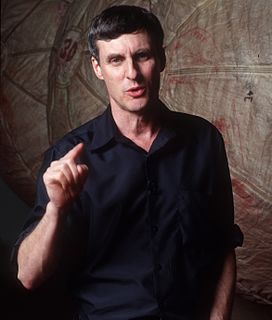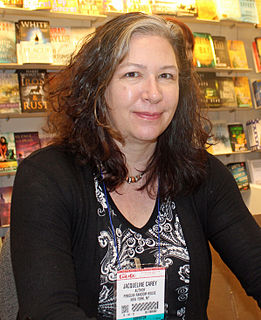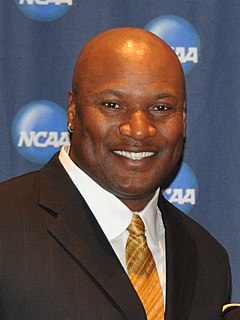A Quote by Yogi Berra
I wish I had an answer to that because I'm tired of answering that question.
Related Quotes
Everything is up for grabs, everything is relative. Except nothing is if you are serious about it because the moment you become serious about answering a question you have a stake in it. Relatively goes out of the window, in one sense because you're putting your a** out there - you are depending on the answer, you need the answer.
And uh, so, I'm running for a reason. I'm answering this question here and the answer is, you cannot lead America to a positive tomorrow with revenge on one's mind. Revenge is so incredibly negative. And so to answer your question, I'm going to win because people sense my heart, know my sense of optimism and know where I want to lead the country. And I tease people by saying, "A leader, you can't say, follow me the world is going to be worse." I'm an optimistic person. I'm an inherently content person.
To be a scientist you have to be willing to live with uncertainty for a long time. Research scientists begin with a question and they take a decade or two to find an answer. Then the answer they get may not even answer the question they thought it would. You have to have a supple enough mind to be open to the possibility that the answer sometimes precedes the question itself.
A dialogue is very important. It is a form of communication in which question and answer continue till a question is left without an answer. Thus the question is suspended between the two persons involved in this answer and question. It is like a bud with untouched blossoms . . . If the question is left totally untouched by thought, it then has its own answer because the questioner and answerer, as persons, have disappeared. This is a form of dialogue in which investigation reaches a certain point of intensity and depth, which then has a quality that thought can never reach.




































